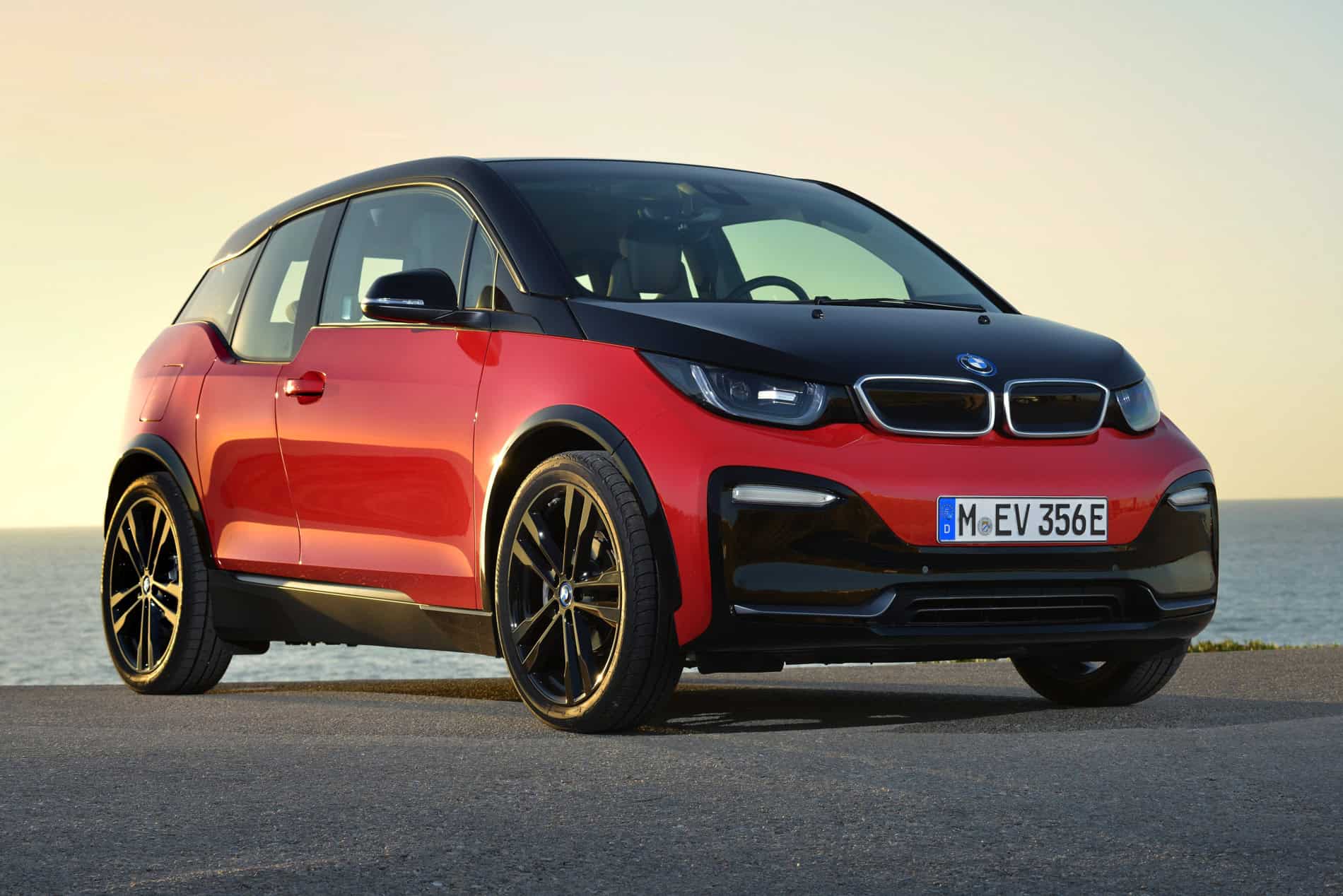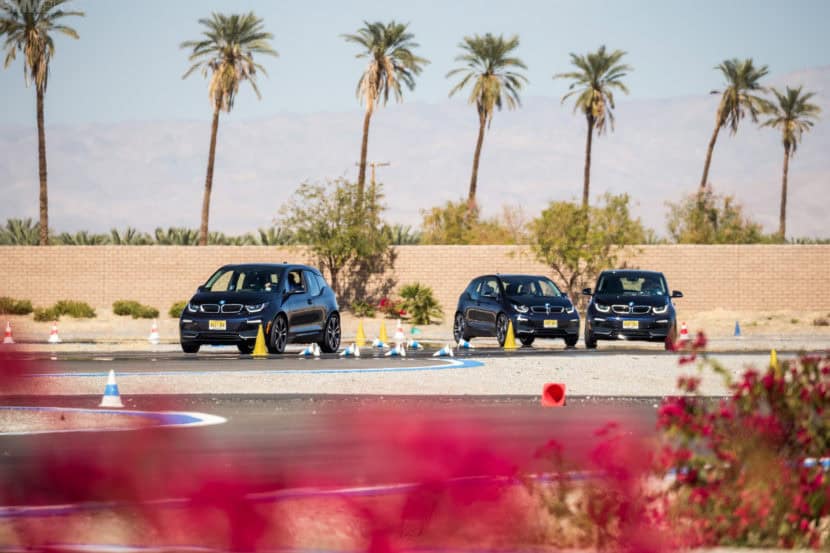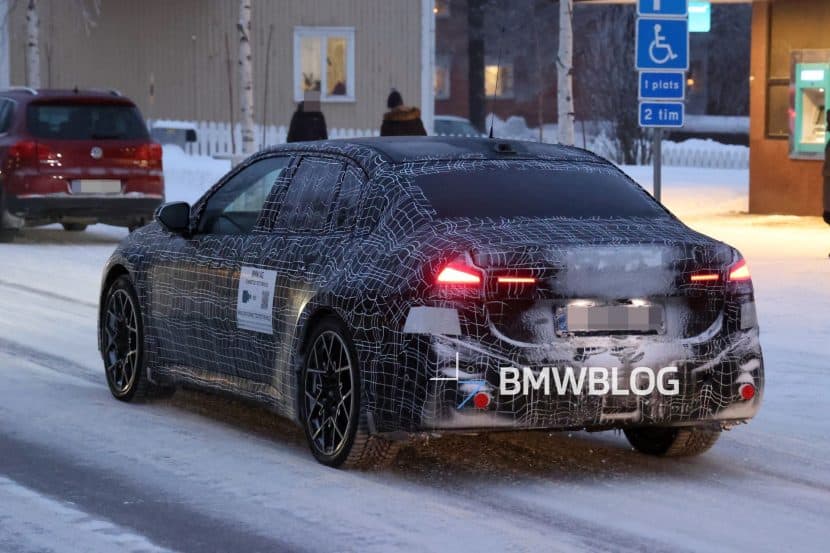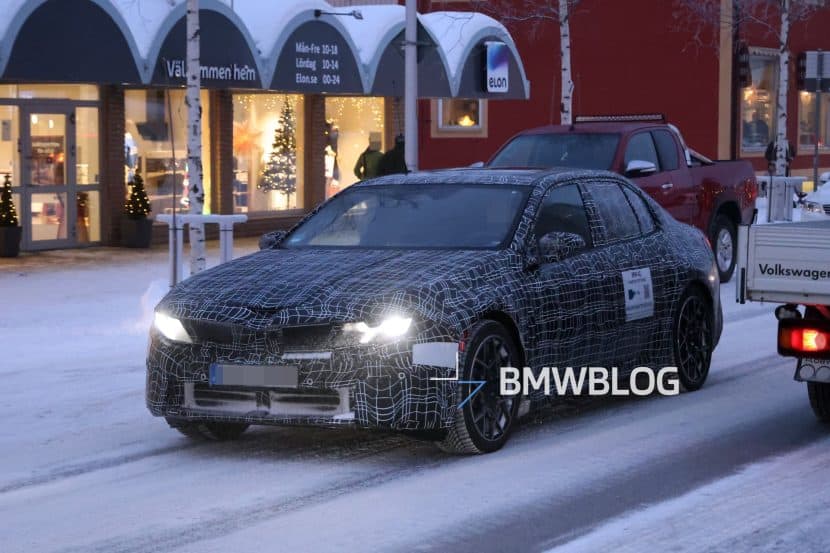In 2020, you almost only hear about interruptions in production, but there are also exceptions – such as the BMW i3. The electric car, which was launched on the market at the end of 2013 – and has been refreshed several times since then – defies the pandemic.
According to a report by BimmerToday, the BMW i3 production at the Leipzig plant has been increased. With the cancelation of the one-week summer break, the BMW Group is reacting to the worldwide rise in demand for the electric car. Yet, due to the long production interruption in the second quarter, barely more than 12,500 BMW i3s were built between January and July this year.
In 2019, the Leipzig plant manufactured 38,937 units of the i3. This sales number can no longer be achieved in 2020 even with high capacity utilization in the remaining months. But the significant increase in production capacity, compared to the original plan for the second half of 2020, is nevertheless a very positive sign under the current circumstances.
Just like other electric cars, the BMW i3 also benefits from various subsidy programs in some markets. In Germany, i3 customers can receive up to 9,000 euros in subsidies with the recently increased environmental bonus. There is also a VAT reduction, currently at 16 percent.
All versions of the i3 use a 120 Ah battery with a battery capacity of 42.2 kWh. According to the NEDC, the energy that can be stored in the lithium-ion battery is sufficient for a range of 330 to 359 kilometers; in the more practical WLTP cycle, the i3 and i3s have ranges between 278 and 307 kilometers.


















































